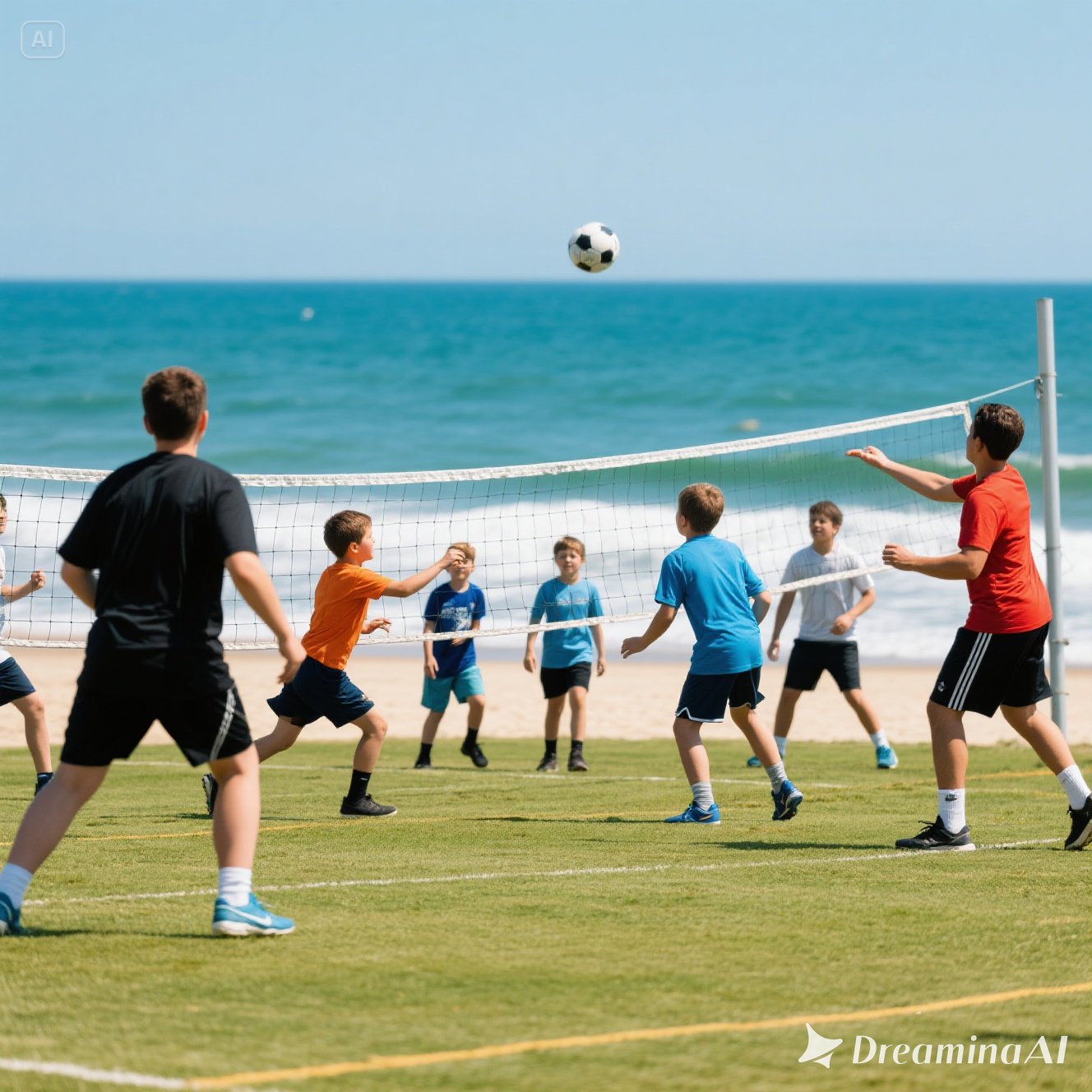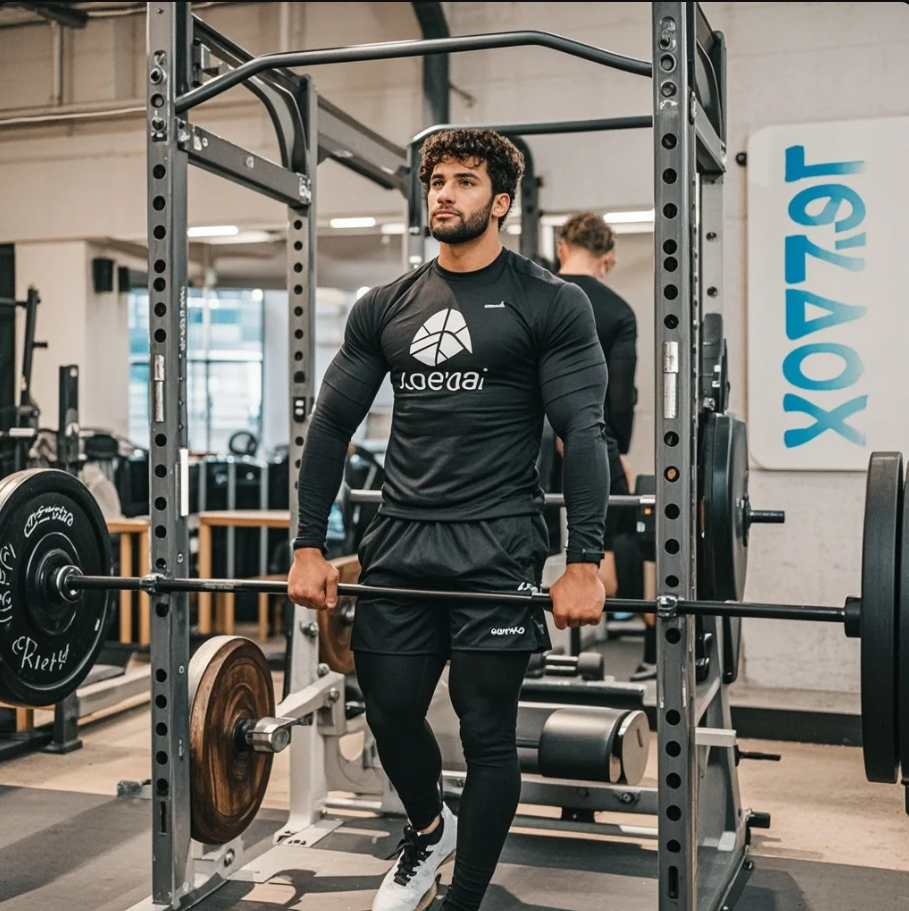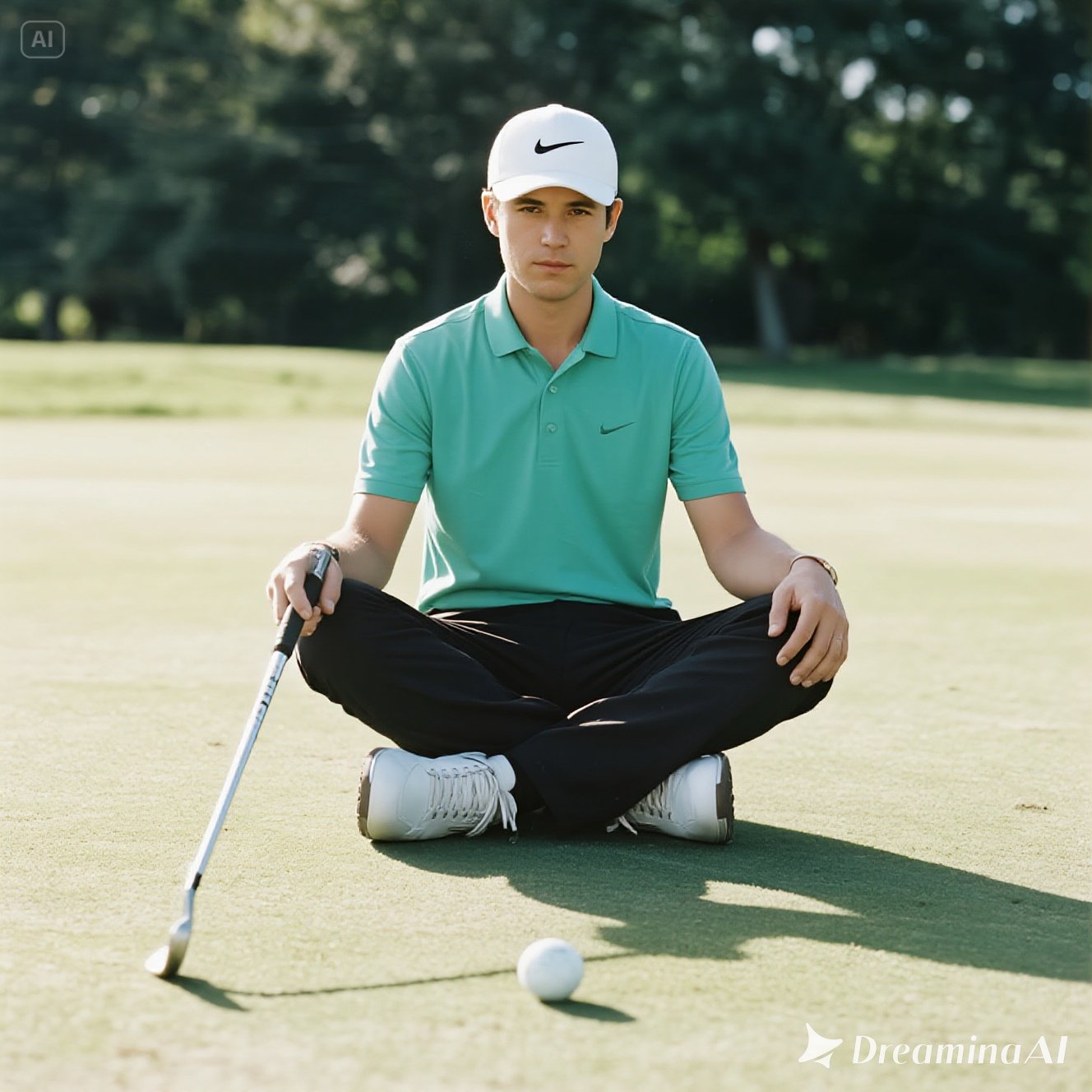Mindfulness helps players reduce stress, sharpen focus, and make better decisions. Discover how mindfulness can improve your game.
In both professional sports and casual gaming, performance isn’t only about physical skill or strategy—it’s also about the mind. Many players struggle with stress, distractions, and overthinking, which can negatively affect their performance. This is where mindfulness comes in.
Mindfulness, the practice of being fully present in the moment without judgment, has been proven to enhance focus, reduce anxiety, and improve decision-making. Whether you’re an athlete, an e-sports competitor, or even a recreational gamer, mindfulness can be a powerful tool to sharpen your game.
1. What is Mindfulness?
Mindfulness is a mental practice rooted in meditation traditions but widely adopted in modern psychology. At its core, it involves:
- Paying attention to the present moment.
- Observing thoughts and emotions without reacting impulsively.
- Returning focus to breathing, body sensations, or the task at hand.
For gamers or athletes, mindfulness means being fully engaged in the game instead of dwelling on past mistakes or worrying about future outcomes.
2. Reducing Stress and Performance Anxiety
One of the biggest obstacles for players is performance anxiety—the fear of failing or making mistakes. Mindfulness helps by:
- Lowering cortisol (stress hormone) levels.
- Calming racing thoughts before or during high-pressure moments.
- Allowing players to focus on execution instead of fear.
For example, an athlete preparing for a penalty kick can use mindful breathing to stay composed and focused.
3. Enhancing Focus and Concentration
Distraction is the enemy of peak performance. Mindfulness trains the brain to recognize distractions and gently return attention to the present task.
- In sports: Helps players maintain focus during long matches.
- In e-sports: Supports better reaction times by keeping attention sharp.
- In casual games: Encourages deeper immersion and enjoyment.
Regular mindfulness practice strengthens the brain’s ability to maintain concentration even in chaotic environments.
4. Improving Decision-Making
Games often require quick, high-stakes decisions. Stress can cloud judgment, leading to impulsive choices. Mindfulness allows players to:
- Observe thoughts calmly instead of reacting emotionally.
- Assess situations clearly and logically.
- Make decisions that align with strategy, not panic.
This is particularly valuable in competitive games like poker, chess, or real-time strategy video games.
5. Building Emotional Resilience
Losing is part of every game. Many players tilt—become frustrated and play worse—after setbacks. Mindfulness teaches acceptance:
- Acknowledge mistakes without dwelling on them.
- Stay emotionally balanced despite wins or losses.
- Bounce back faster after setbacks.
Emotional resilience gives players consistency, which is often the difference between average and top performers.
6. Practical Mindfulness Techniques for Players
a. Mindful Breathing
Spend 2–5 minutes focusing on deep, slow breaths before a game to calm the mind.
b. Body Scan
Notice areas of tension in the body and release them to reduce stress.
c. Mindful Breaks
Take short pauses between rounds or sets to reset mentally.
d. Visualization
Combine mindfulness with imagining successful performance for stronger confidence.
e. Post-Game Reflection
Instead of criticizing mistakes, observe what happened and learn from it mindfully.
Conclusion
Mindfulness is more than a relaxation technique—it’s a mental training tool that enhances focus, decision-making, and emotional resilience. For players, it can mean the difference between inconsistent performance and peak consistency.
By practicing mindfulness regularly, you don’t just improve your game—you also cultivate a healthier relationship with competition, stress, and personal growth.
Baca juga :













